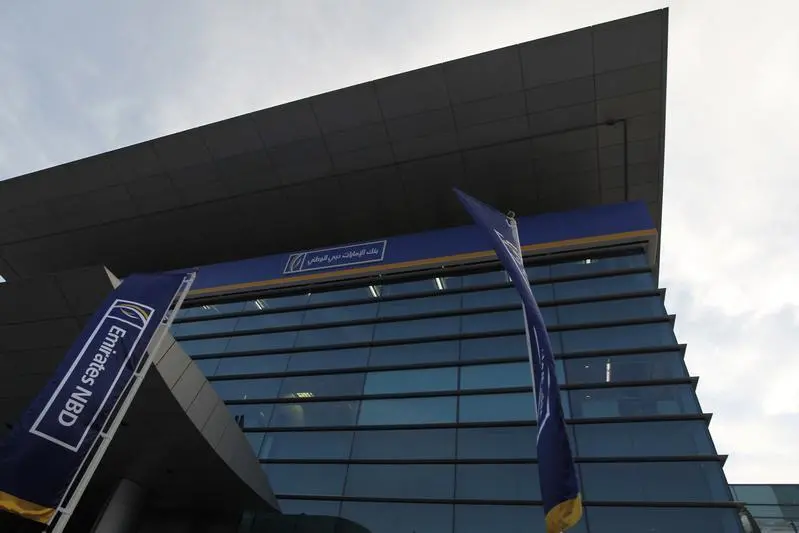PHOTO
Wednesday, May 31, 2017
Dubai: Emirates NBD Capital said on Wednesday it will look to develop an exchange-traded fund (ETF) on Islamic bonds (sukuk).
An executive from the investment bank said this at the launch of Emirates NBD Capital’s sukuk index, which will be a proxy for the performance of sukuk valued at over $90 billion (Dh330.57 billion).
The index will contain 98 Islamic bonds from 61 issuers. It will measure their performance and is part of efforts to make Dubai the Islamic Economy capital, officials said.
“This is the first step for a regional bank — that there is a benchmark for the sukuk world,” Ahmad Al Qassim, chief executive officer of Emirates NBD Capital, told Gulf News on the sidelines of the launch.
“You have [huge] participation [from] the sukuk market. It’s a growing market, and you have more issuers come to this. In the next couple of years, when people want to benchmark their asset management funds and their portfolios, they can use this index as the benchmark,” Al Qassim said.
The GCC accounts for 56 per cent of dollar-denominated the Islamic bond world, and the index will also include unrated bonds from both the public and private sectors.
“We are paving the way to launch various retail products on the back of this,” Al Qassim said. One of them, he said, could be an ETF, which Emirates NBD plans to launch “soon.”
“This [ETF] is one product idea among many that we would like to do on the basis of the index. It’s still being discussed,” said Othman Ahmad, managing director of Emirates NBD Asset Management.
Robust sukuk issues
Al Qassim expects robust sukuk issuance to continue this year.
“We have seen huge activity in the sovereign space, driven by Saudi Arabia earlier this year,” Al Qassim said. “We think that this theme will continue. I think we would see similar levels of issuances as last year.”
In 2016, GCC governments issued a record $19.6 billion in sukuk, with many issuances receiving robust responses from investors.
Most of the issuances were to finance deficits caused by tumbling oil prices, from which GCC states derive the majority of their revenue.
“The GCC loan-to-deposit [ratio], and capital adequacy [ratio] are still healthy,” Al Qassim said. “There is enough liquidity in the region. We always have deals. The geographies globally are wider this year,” Al Qassim said.
Emirates NBD Capital worked on 50 deals across loan syndication, debt capital markets, equity capital markets, and mergers and acquisitions last year.
By Siddesh Suresh Mayenkar Senior Reporter
Gulf News 2017. All rights reserved.





















